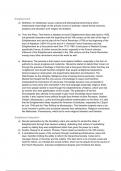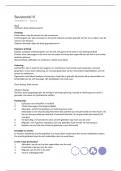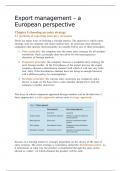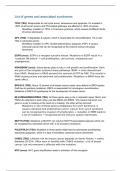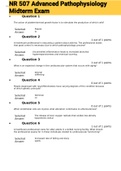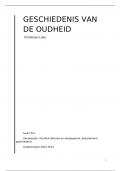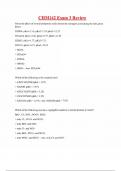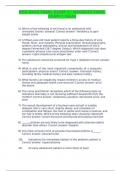College aantekeningen
History of the modern world since 1750 definitions
- Instelling
- Universiteit Van Amsterdam (UvA)
Summary of key definitions mentioned throughout the HisMo course. It has all the key terms which are necessary to remember for the final exam. This is not a summary of the readings but of the general course.
[Meer zien]
